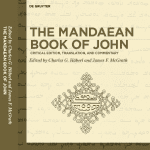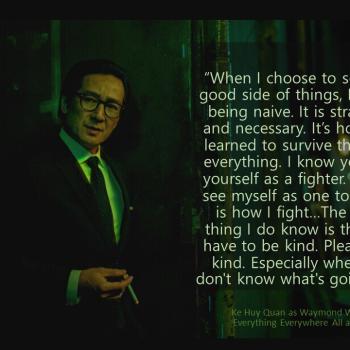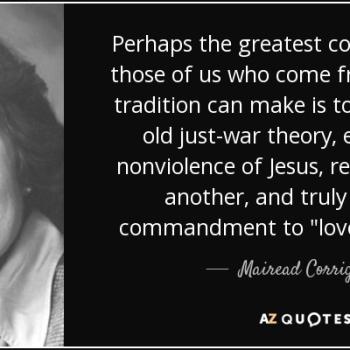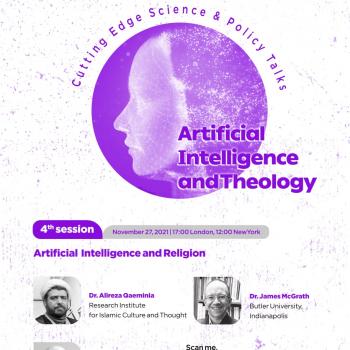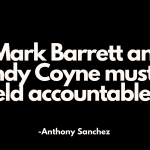I have been meaning to write this post ever since I read New Testament scholar Suzanne Nicholson’s article for Firebrand magazine on human sexuality and same-sex relationships. When a scholar whose work you deeply respect even when you disagree with it makes an argument that you disagree with, it seems appropriate to take some time to reflect, and then to seek to respond in some way. Nicholson’s stance is that the truly loving thing for Christians to to do is to direct people towards what at one point she refers to as “God’s design for human flourishing.” I gave my blog post a title that is related yet different in one significant way. The terminology of “design” conveys that things are made to only work one way (although even in the case of engineering we can often work very effectively with a tool or machine in ways that it was not designed to be used). The point seems to be about an intention, an ideal, and I think that is important. Because even if one holds the view that God considers monogamous heterosexual marriage as an ideal, we see plenty of examples of exceptions to an ideal that do not seem to provoke divine wrath, ranging from patriarchal polygamy to apostolic celibacy.
God’s core ideal for human flourishing, I understand from Genesis, is that it is not good for a human being to be alone. If one takes that principle and combines it with the view conservatives hold that “God’s design for human flourishing” is monogamous heterosexual marriages, then one can conclude that God is at least content with same-sex monogamous marriages in our time, at least as content as God was with the polygamous heterosexual marriages of the ancient patriarchs. Perhaps not ideal in this view, but not therefore despised by God, and absolutely with the potential to be blessed by God.
Ian Paul has also written a great deal on this topic. His recent open letter to John Inge reminds me very much of open letters defending slavery in the United States in past centuries. Even though there are some points that Ian says are without ambiguity that I think are at least somewhat less clear cut than he does, there is no doubt that one can make a solid exegetical case for prohibiting same-sex relationships, just as one could make a solid exegetical case for slavery. If abolitionists and egalitarians play this game on the terms of the selective conservatives, we have already lost. The more appropriate approach, I believe, is (1) to show that conservatives do not consistently adhere to and enforce everything for which a solid exegetical case can be made in scripture (note how Ian starts by insisting that the current discussion of sexuality is fundamentally unlike the cases of revising cosmology and biology in light of science), and (2) show why core principles in the Bible are a valid reason for changing what we think and do even if the Bible “clearly says” in the way conservatives claim.
That’s my aim in this blog post. To put forward once again the key point I have made before as an American Baptist. From the perspective of this heritage which has supported abolition of slavery and ordination of women, principles take priority over passages and the core principles are about love, justice, fairness, and empathy. What Suzanne’s post helped me to see is that one can make a biblical case that same-sex marriages in our time are different from any ancient same-sex relationships condemned in scripture, and things that can be blessed by God, even while remaining firm on the conservative view that heterosexual marriage is God’s ideal.
That’s the key point. If God only blessed that which is ideal, most human beings, including Christians, would never experience blessing. The God who sends rain on the just and the unjust, however, is willing to shower blessing even where selectively conservative Christians would withhold it if it were up to them.
See also:
Christian Academy Louisville LGBTQ Homework Assignment
Understanding the Biblical Binary of Male and Female
Masquerading as Compassion: The Church‘s Latest Move to Deal With the LGBTQ+ Issue
Meeting God Beyond the Gender Binary
Making Space for Non-Binary Children in a Red State
Mike Bird on gender and biological sex
Ken Schenck on Wesleyan philosophy, gender, and sexual morality
For the Body: Recovering a Theology of Gender, Sexuality, and the Human Body
Judith Butler on gender controversy
LGBTQ students criticize Lee University statement


